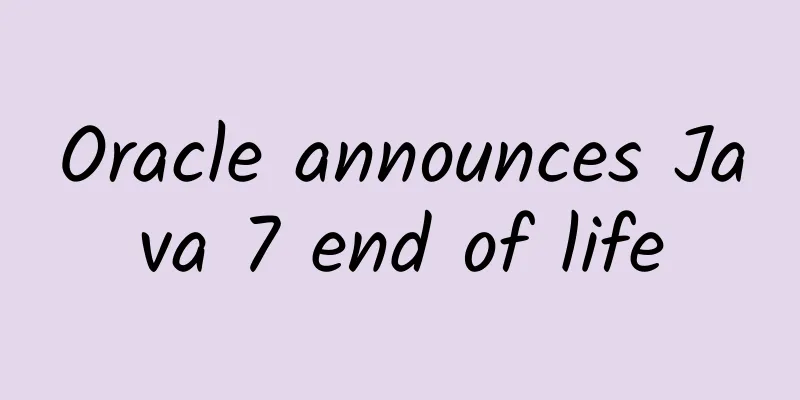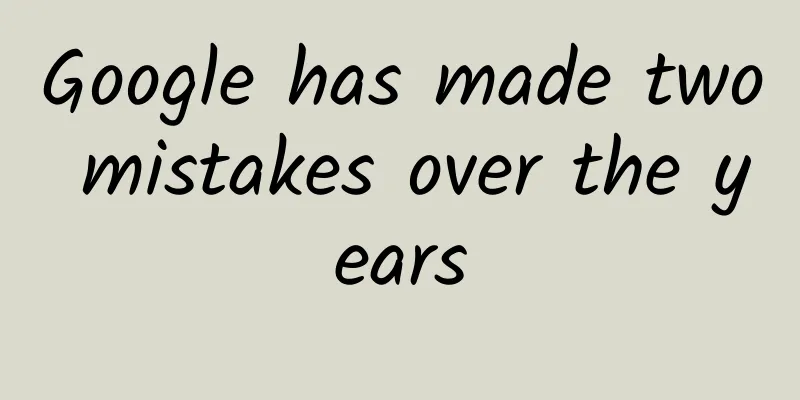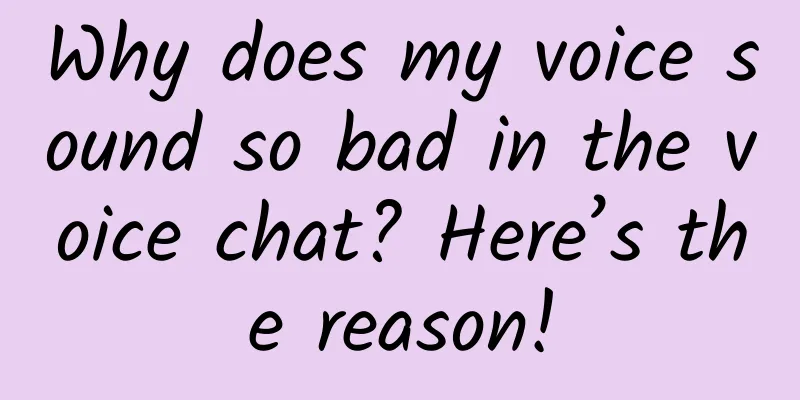Oracle announces Java 7 end of life

|
Oracle stopped releasing Java 7 security patches and upgrade packages in public channels in April 2015 to urge users to migrate to Java 8 or purchase long-term commercial support services for Java 7. Other third-party organizations may provide public updates for it in the future. This planned EOL (end-of-life) was initially announced in March 2014 and is not expected to affect ordinary users (Oracle started automatic updates from Java 7 to 8 in January 2015), but Java developers and advanced users may encounter some problems. Many tools and libraries still rely on some features that were marked as deprecated in Java 7, which were completely removed in Java 8. As a result, these tools are incompatible with new versions of Java and must be changed before users upgrade their Java versions. Oracle no longer releasing updates does not mean that Java 7 is completely unusable, but it does mean that Oracle will not provide patches for any future vulnerabilities and vulnerabilities that may be discovered on Java 7, thus putting end users at risk. This means that users who are still using tools that are incompatible with Java 8 can either choose to continue using Java 7 and accept the potential risks, purchase long-term commercial support, or migrate to another tool. This puts the pressure on tool developers, especially those who lead open source projects, because they have to combine their daily responsibilities for the project with the work of migrating to the latest version of Java. Ryan Heaton, senior engineer at FamilySearch and founder of Enunciate, is an example. Enunciate is a widely used Java documentation engine tool that currently does not work on Java 8. I feel like Java 7's EOL is coming too soon. I would have liked them to wait a little longer, but I understand the overhead of maintaining older products and APIs. But to be honest, no matter when Oracle decides to end Java 7, I'll probably feel it's too soon. I have to admit that it's motivating me to update my own projects as soon as possible. On the other hand, it seems unusual that there is only one choice for this migration. Shouldn't Java 9 be released as a choice before Java 7 EOL? Alternatives to Oracle JVM Although Oracle's JVM is the most popular, it is not the only JVM. Many JVMs have been implemented by various organizations and user groups, both open source and proprietary, with varying levels of support. Azul Systems, for example, offers two commercially supported JVMs, including updates for Java 7 and even Java 6. |
<<: Beijing and Shanghai from a programmer's perspective
>>: I heard that programmers all want such a working environment?
Recommend
Android Basics: Application Components
Application components are the basic building blo...
What are the functions of Foshan lawyer mini program development and how much does it cost to develop a lawyer legal consultation mini program?
Recently a friend consulted me and wanted to make...
Even if you have disabled or uninstalled the app, it will still automatically renew! Expert advice: You can turn off the automatic renewal of Alipay and WeChat
Nowadays, copyright awareness in the domestic mar...
I have a nightmare again! Can nightmares be controlled?
Leviathan Press: Some studies have pointed out th...
Case analysis: Social check-in fission, how to increase followers by 100,000+ in 4 days
This article mainly introduces a successful case ...
Among information subscription apps, how does Hammer Reading improve the core competitiveness of its products?
The contents of this article are as follows: 1. M...
An operational thinking model summarized from 1,000 events
As we all know, activities are a routine gameplay...
Will Android become history? Google is launching a new operating system
The market share of Android system continues to e...
Newbies can earn more than 10,000 yuan a month with this niche blue ocean lucrative project
There are many popular products on every platform...
Arakawa: 22 Lectures on the Basics of Big Data Technology
22 lectures on the basics of big data technology, ...
Role-playing? Big language models are just "scholars" without emotions!
Scientists at DeepMind and EleutherAI suggest tha...
Which types of websites make the most money, and which types of websites can make a lot of money in a long-term and stable manner!
Yesterday I shared with you a money-making projec...
Evolution and disruptive innovation of the 5G private network market: Q1 2022
Participants take partnerships and strategy more ...
After reading 20,000 Weibo posts, let’s take a look at Durex’s marketing tactics
From the first well-known "Legend of the Sho...
Haobo HT orders exceeded 30,000! "Door Factory Haobo" made a strong debut at the Guangzhou Auto Show
On November 17, the 2023 Guangzhou International ...









